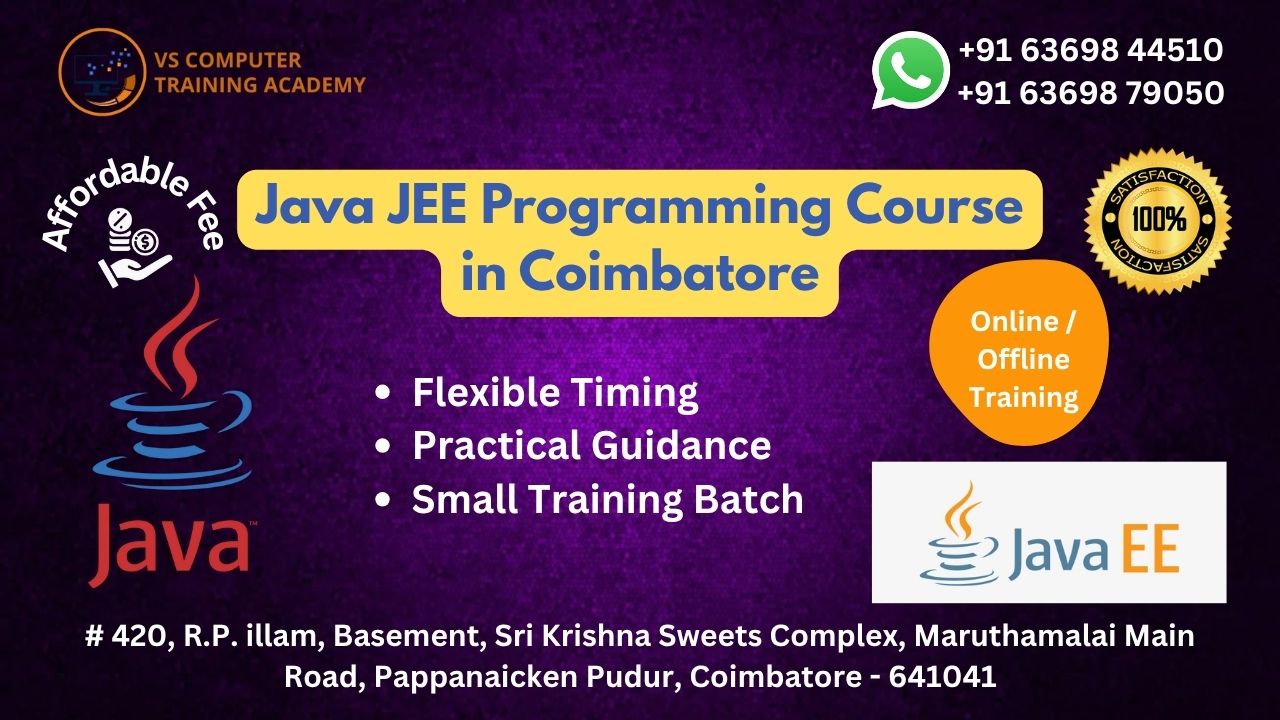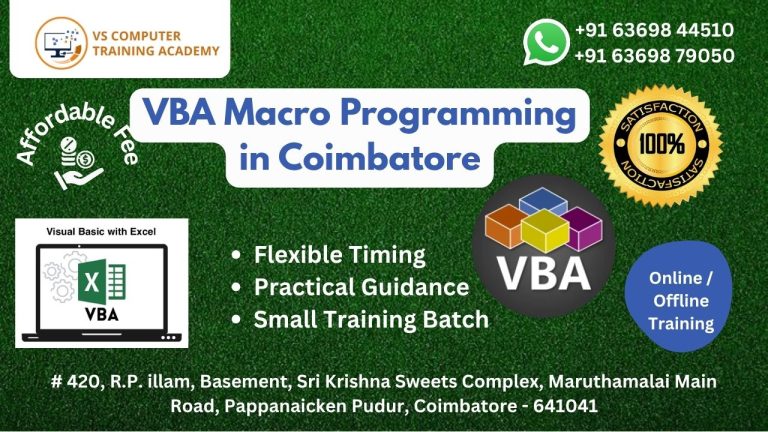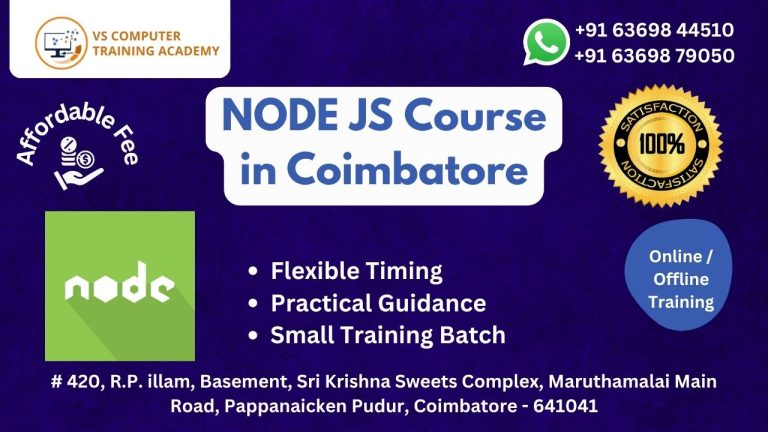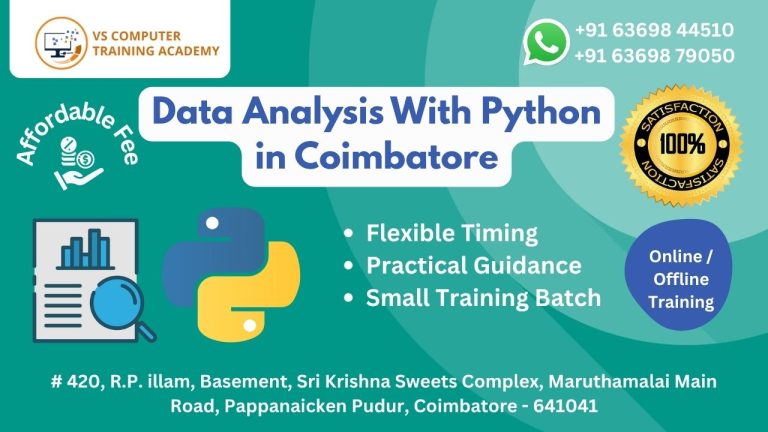Java JEE Programming

Java JEE Programming: Build Scalable Enterprise Applications with Confidence
Java is one of the most widely used programming languages in the world, trusted by enterprises for its reliability, scalability, and platform independence. Java JEE (Java Platform, Enterprise Edition) takes the power of core Java further—enabling developers to build robust, secure, and scalable web-based and enterprise-level applications.
Whether you’re an aspiring developer or an IT professional looking to expand your skills, learning Java JEE will unlock endless career opportunities in software development, enterprise solutions, and cloud-based systems.
Why Learn Java JEE?
Java JEE is a powerful framework built on top of Core Java that provides specifications for developing multi-tiered, distributed applications. From banking software to e-commerce platforms and government portals, Java JEE is the backbone of many mission-critical systems.
With Java JEE, you’ll learn to build:
Dynamic web applications
Backend APIs and services
Distributed enterprise systems
Secure and scalable web services
Who Can Learn Java JEE?
This course is perfect for:
Students with basic Core Java knowledge
Software developers looking to build enterprise applications
IT professionals preparing for Java-related job roles
Web developers who want to master backend technologies
Anyone interested in full-stack Java development
Key Benefits of Learning Java JEE
Gain a competitive edge in the job market
Learn enterprise-grade architecture and development techniques
Hands-on training with real-world projects
Prepare for Java developer certifications
Open the door to full-stack and cloud-based Java careers
Start Building Enterprise-Grade Applications with Java JEE
Java JEE is not just a framework—it’s the standard for enterprise application development. With demand for skilled Java developers on the rise, mastering Java JEE is a smart move for your future in tech.
Join our Java JEE Programming course and take the next big step in your software development journey.



